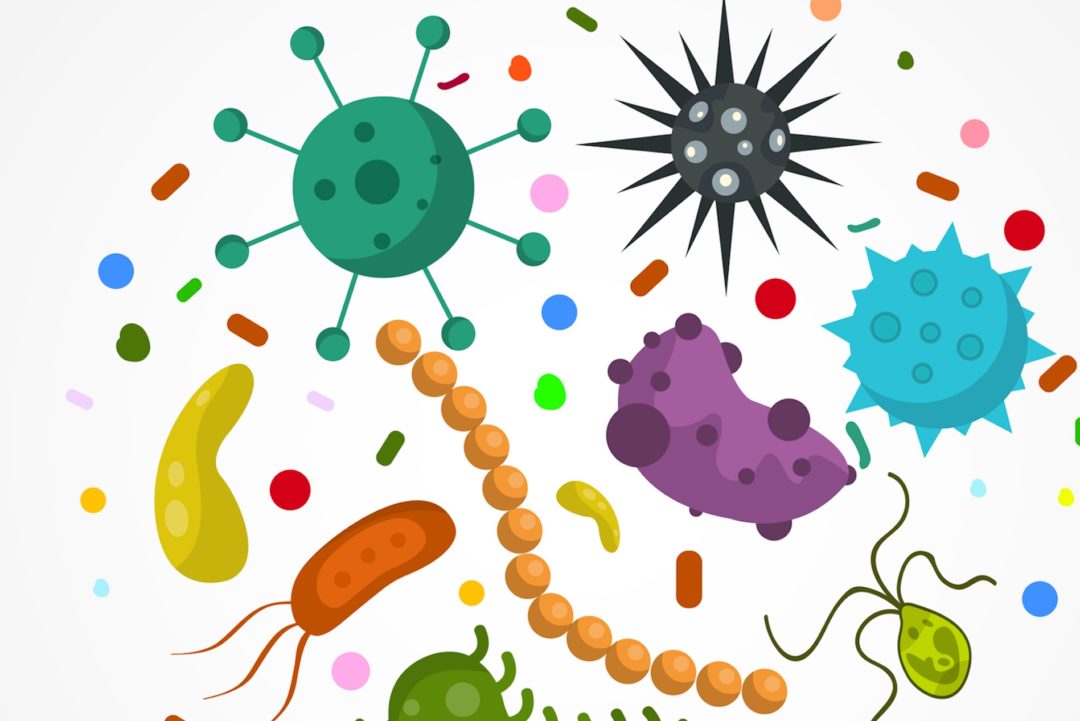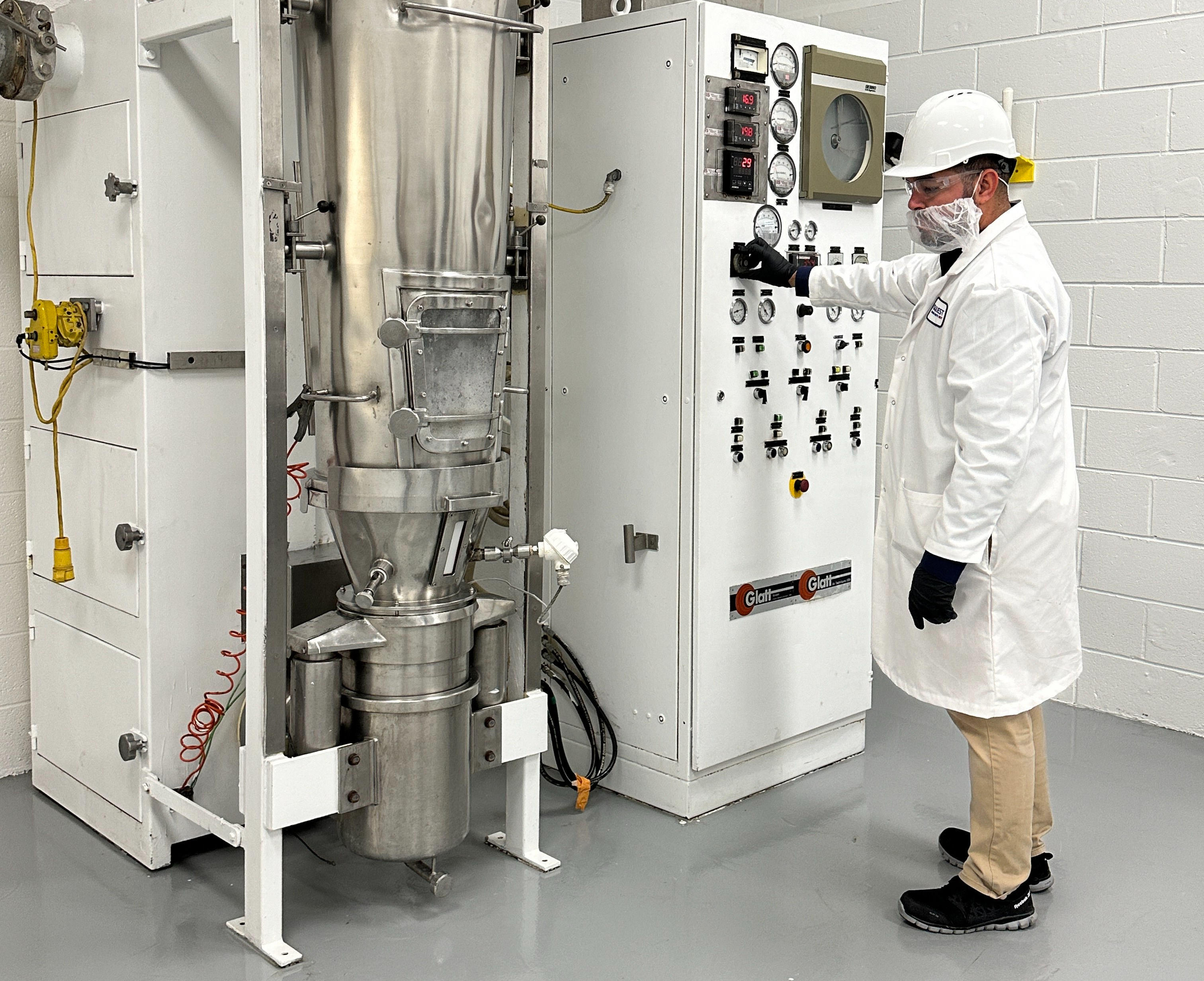The Human Microbiome: Replacing Lost Species
To begin the second day of the event, in the session, The Human Microbiome: The Power of Replacing Lost Species, keynote speaker William Davis, M.D., author of the Wheat Belly series and the new book Super Gut, summarized the topic by stating, “When you lose healthy species, unhealthy species step in and take their place. Those healthy species had important roles.” He explained that unhealthy microbes, like E.coli, proliferate without healthy microbes present in the microbiome. This leads to concerns like small intestine bacterial overgrowth (that he called SEBO), which can contribute to a variety of concerns.What is causing species loss?
“We’ve been wildly overly exposed to antibiotics, and one-third of all children have been born C-section, more children are formula fed, and [due to] food additives, synthetic sweeteners, [children are] deprived of nutrients and microbes," Dr. Davis noted. In addition, chlorine and fluoride in our drinking water has altered the mucus barrier, GI tract, and the human microbiome’s composition. Further, Dr. Davis pointed to herbicides, pesticides, and the genetic passing down of disrupted microbiomes as causes of a lack of diversity in keystone species today. Also concerning: The problem of lost species is getting worse per generation. Replenishing these microbes can help with weight loss, skin health, better sleep, improved mood, and more.How can we replenish healthy species?
Eating fermented foods like yogurt is one key step. "There are bigger amounts of microbes in yogurt that has been fermented for 36 hours or more. The real increase in microbes doesn’t occur until hour 30, and so 4-hour fermented yogurt does not have the same effects," he noted. Supplements can also help. For his recommendation, the full session can be viewed on demand.More Emerging Microbiome Science
Throughout the day, speakers Alexis Collins, Director of Product & Brand Strategy at Stratum Nutrition, Marvin Singh, M.D., Founder and CEO Precisione Clinic, and Asa Waldstein, Founder and Principal, of Supplement Advisory Group, also presented. Their sessions dove into the topics of postbiotics, feeding the microbiome, and a regulatory snapshot of current trends and risks.WTF are Postbiotics and Why Should I be Formulating with Them?
In the session WTF are Postbiotics and Why Should I be Formulating with Them?, Collins spoke about the growing popularity of postbiotics with consumers. Google search engine of the word increased, "1300% from June 2019 to June 2021."But what are postbiotics?“Various terms have been used," Collins said. "In 2019, the use of the use of the word surged. It was 15 times more used than heat-killed probiotics. It was trending greatly. Therefore, the International Scientific Association for Probiotics and Prebiotics(ISAPP) had an international group of scientists assembled to discuss what is a postbiotic. ISAPP published consensus paper: defined as a preparation of inanimate microorganisms and or their components that confers a health benefit on the host.” To learn more, watch the full session, which can be viewed on demand.
Practitioner’s Panel
In the next session, healthcare practitioners Lynn O’Connor, M.D., Director of Colon & Rectal Surgery of New York, Section Chief of Division of Colon & Rectal Surgery at Mercy Hospital & St. Joseph Hospital; Mary Purdy, M.S., R.D.N., Integrative and Eco-Dietitian and Adjunct Faculty Lecturer, Bastyr University; and Sara Campbell, Ph.D., FACSM, Associate Professor, Director, Rutgers University discussed patient misconceptions and innovations, discussed how practitioners are focusing on the microbiome. The experts combined their understanding of peer-reviewed literature, case studies, research, and work with patients. Learn more on demand.Feeding the Microbiome
Next, Dr. Singh described how he optimized his health and the power of the gut. “When we talk about good digestive health, what does it mean? It means increasing the diversity of the bacterial species in your microbiome, optimizing your risk factor for reduction of disease. It is the same thing as overall wellness. Therefore, 70% of our immune system is found in our gut. 90% of serotonin is produced in the intestinal tract. Digestive tract is the second brain. Also, it has its own nervous system. We’re really talking about the [trillions of] bacteria and fungi in our digestive tract.” Watch the full session.Regulatory Snapshot
Wrapping up the day, Asa Waldstein gave a regulatory snapshot of current risks in the space. "Most of the enforcement is happening because of risky marketing claims. So, what's a claim? Anything ending in '-itis', most things with '-anti' in the name, anything a drug is 'indicated for', the name of any disease, and making a statement for treating, diagnosing, preventing." And there's more to know: Watch online.All sessions are available to view on demand with free registration here. Event sponors AIDP, ClearCut Analytics and SPINS,Enzymedica, NutriScience and Stratum Nutrition made this event free through thanks to their commitment to education.
Related: Science Highlights from Microbiome: Mastering the Market Naturally Informed Education: Nootropics Your Brain on Food: The Gut-Brain Connection









